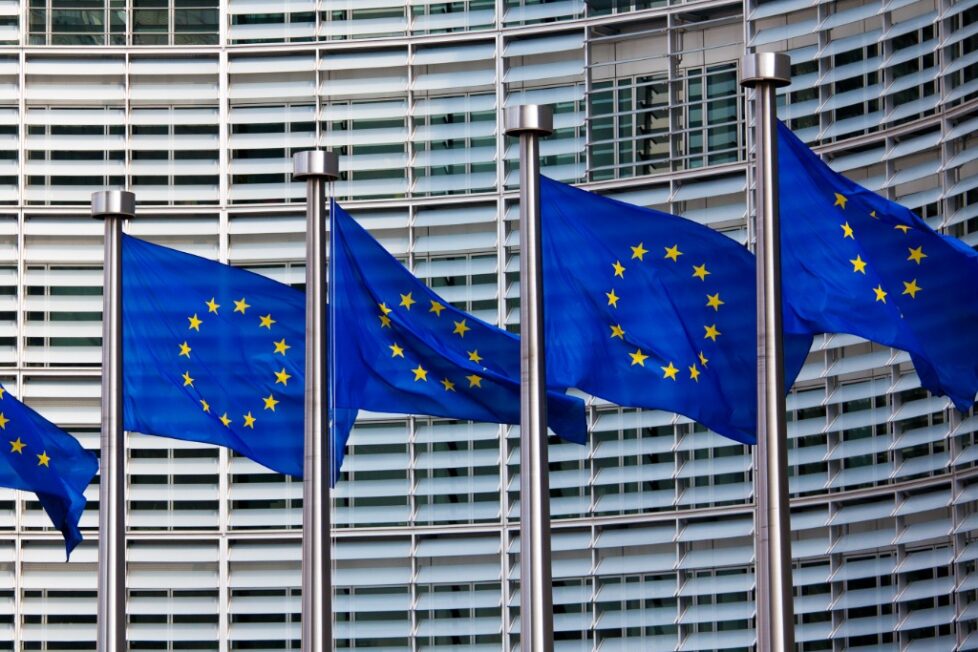EU Adopts Rules Requiring All New Buildings to Be Zero Emissions by 2030

The European Council announced today that it has formally adopted the revised Energy Performance of Buildings Directive (EPBD), with new rules aimed at reducing energy use and emissions from buildings across the EU, including targets for all new buildings to be zero emissions by 2030, and to phase out the use of fossil fuels in building heating systems by 2040.
Buildings are a key source of global greenhouse gas (GHG) emissions, and also one of the hardest to replace, given their long-term nature. According to the European Commission, buildings account for 40% of the energy consumed in the EU, and for 36% of energy-related GHG emissions. 80% of household energy consumption is used for heating, cooling, and hot water.
The approval of the new legislation by member states marks the last step in the adoption of the EPBD, which will now be signed and published in the Official Journal of the EU, with member states given two years to incorporate the new rules into national legislation. The EU Commission initially proposed revising the directive in 2021, as part of the Commission’s ‘Fit for 55’ roadmap – the EU’s proposed strategy to cut greenhouse gas (GHG) emissions by 55% by 2030, compared to 1990 levels.
Key provisions in the updated directive include a requirement for all new residential and non-residential buildings to have zero on-site emissions from fossil fuels by 2030, with publicly-owned buildings required to reach this milestone by 2028. The updated rules also requires member states to set out measures for the phase out of fossil fuels in heating and cooling of buildings, with a view to completely phase-out of boilers powered by fossil fuels by 2040. By 2050, the directive envisions the transformation of the EU’s building stock to zero emissions buildings.
The legislation also sets goals to phase out or improve the lowest-performing buildings, with requirements for member states to adopt a national trajectory for residential buildings to reduce primary energy use by 16% by 2030 and 20-22% by 2035, with at least 55% of the decrease to be achieved through the renovation of the worst-performing buildings, and for non-residential buildings to meet minimum energy performance standards leading to renovating the 16% worst-performing buildings by 2030 and the 26% worst-performing buildings by 2033.
The revised directive also includes measures aimed at supporting a renovation wave for buildings, including a requirement for member states to establish national building renovation plans to decarbonize their building stock and address barriers such as financing, training and attracting more skilled workers, and to set up national building “renovation passport” schemes to guide building owners in their staged renovations towards zero-emission buildings.
All new buildings will also be required to be solar-ready under the revised directive, including being capable of hosting rooftop photovoltaic or solar thermal installations.
Following the adoption of the directive by member states, Wopke Hoekstra, EU Commissioner for Climate Action, said:
“In a climate-neutral Europe, we need to be able to heat and cool our homes and buildings with minimum emissions. We have the technologies to do this, but we need to create a stronger business case for renovations. The new Energy Performance of Buildings Directive will help mobilise additional finance and boost construction value chains. Together we can help homeowners and businesses renovate to save money and prepare for a net-zero future.”